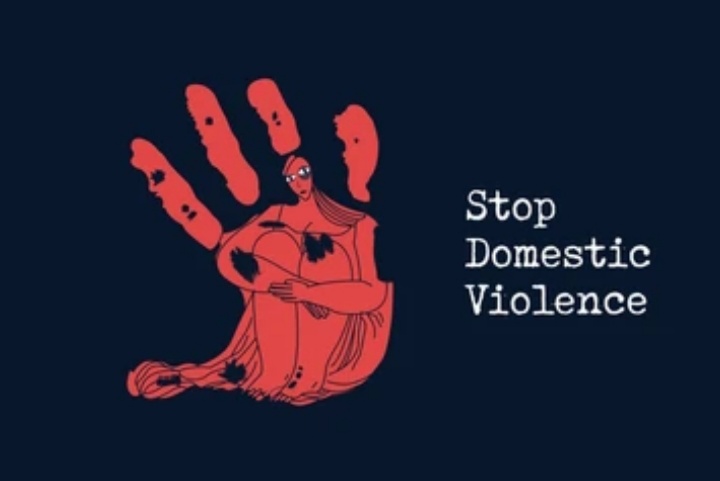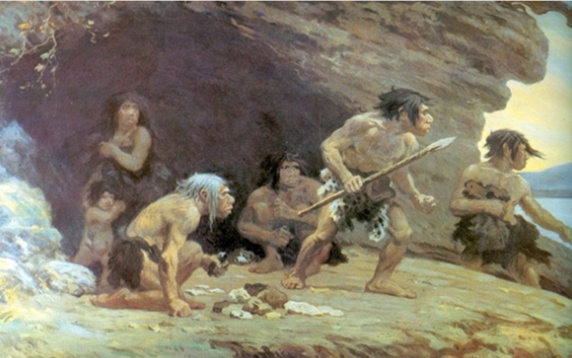while modern warfare bears little resemblance to the hand-to-hand combat of humanity’s hunter-gatherer ancestors, many of the underlying reasons we fight remain the same.
When we examine warfare from an evolutionary perspective, it becomes evident that there are very basic and recurrent dynamics that have motivated groups of humans to commit violence against each other throughout history,The auther said “The more we learn about these underlying neurological motivations and how they developed, the more capable we will become at identifying new ways to deescalate conflicts.
Violent by design

Across Africa and Eurasia, archaeologists have discovered evidence of human-against-human violence dating back hundreds of thousands of years. Our early ancestors fought each other over territory, mates, and resources. According to established research, the genetic information responsible for aggression was passed down through each surviving generation in an evolutionary process known as natural selection.
Why do we wage war?
Despite the enormous costs to society, humans continue to fight and kill each other with ever-increasing efficiency.
there may be an evolutionary basis to our hostility. He studies the role warfare has played in human evolution.
In a recent paper published in the journal International Theory, Author proposes that the modern day social, moral, and political intuitions about how people ought to behave when their group or country is threatened are likely the result of evolved psychological adaptations to a much earlier and warlike lifestyle.
In other words, while modern warfare bears little resemblance to the hand-to-hand combat of humanity’s hunter-gatherer ancestors, many of the underlying reasons we fight remain the same.
From his examination of new archaeological evidence and advancements in neuroscience, humans possessed the cognitive tools to work together in waging war long before the advent of agriculture and settled communities, which occurred around 12,000 B.C.E.
For these early humans, warfare would have been reproductively worthwhile because the benefits of expanded territory and access to mates would have outweighed the upfront loss of life for the victors,Author says. And over tens of thousands of years, those groups of early humans that cultivated forms of social cohesion and identity to rally around would have prevailed in conflicts over other groups that lacked relative social skills and cooperation.
Humans evolved a tendency toward aggression outside the group but cooperation within it because it benefited their long-term chances of survival and reproduction,” Author said. “Over a long enough timeline, this tendency of within-group solidarity against an outside threat evolved into the set of psychological adaptations that humans use today to solve challenges related to war.
Adaptations for war
One of these adaptations is the concept of sacred values or symbols. From an evolutionary perspective, ancestral humans developed shared sacred values as a way to strengthen bonds within groups and increase solidarity in the face of danger.
Although the issues, objects, and symbols that groups hold as sacred vary tremendously across space and time, the nature of sacred values and people’s reactions to their violation are cross-culturally universal.


